What in the world if Trump wins?
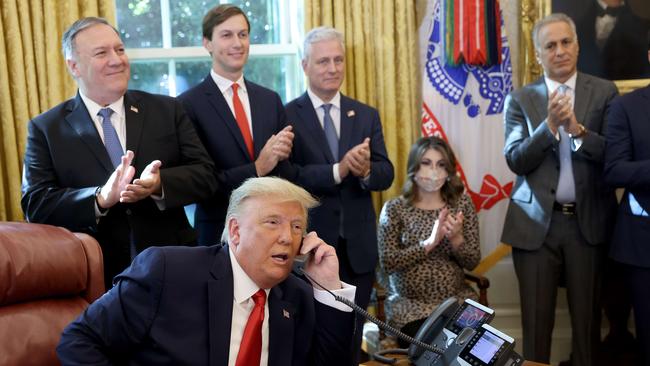
Most second-term presidents look to make a mark in foreign policy. This is partly because a president’s political clout at home diminishes as the definitive end of his mandate approaches, while overseas a president has a relatively free hand even at the end of a second term. So commanders in chief often go looking for diplomatic breakthroughs.
Bill Clinton and George W. Bush both devoted great efforts to getting an Israeli-Palestinian agreement in their second terms. Barack Obama signed the Iran deal and the Paris Climate Accords. As unconventional a figure as Mr Trump is, he is likely to look for trophy achievements overseas too.
Second-term presidents have another important trait: They tend to trust their instincts more. Getting elected once might mean you are lucky; getting elected twice must mean you are good.
Mr Trump has never been a shrinking violet when it comes to trusting his instincts. If he shocks the experts by holding the White House, he will be even more convinced that his methods and beliefs are right. Brimming with self-confidence and increasingly eager to make a mark in foreign affairs, Mr Trump will return to his old agenda with new energy — and renewed contempt for the foreign-policy establishments here and abroad that despise him.
Mr Trump’s second term would probably be driven by a quest for “deals,” transactional bargains with other leaders, even more so than in his first term. This could be disconcerting to those around him working to create the institutional basis for a long-term approach to the rise of China and security in the Indo-Pacific. For Mr Trump, it is all leverage, and for the right deal he will make large and unconventional concessions. China, Russia, Iran, North Korea, Venezuela: Mr Trump’s policy is likely to be a quest for dramatic if not always substantive or enduring deals.
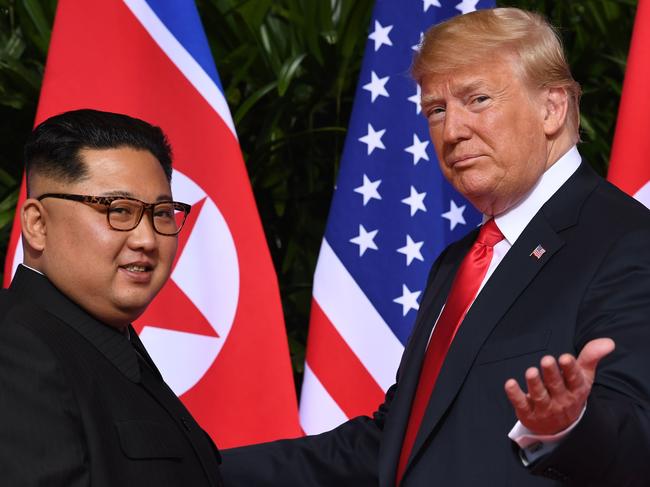
This has several consequences. It reinforces Mr Trump’s relative indifference to human-rights-based diplomacy. It strengthens his preference for diplomacy between sovereign states as opposed to multilateral rule-making and intensifies his impatience with international institutions. It will lead him to continue to seek good personal relationships with even the most controversial and adversarial figures on the world stage.
A second term would be at least as chaotic as the first. This is not simply because the president is undisciplined and indifferent to process and bases his decisions on intuition more than analysis. For Mr Trump, chaos is more than a choice or even a habit. It is a tool for keeping ultimate control in his own hands. That a presidential tweet can at any moment reverse a policy that aides have laboured over for months infuriates, alienates and not infrequently humiliates his subordinates, but Mr Trump stays in control. Keeping your associates and adversaries alike guessing is, in the president’s playbook, a tactic for success. Officials can always be replaced; power needs to be conserved.
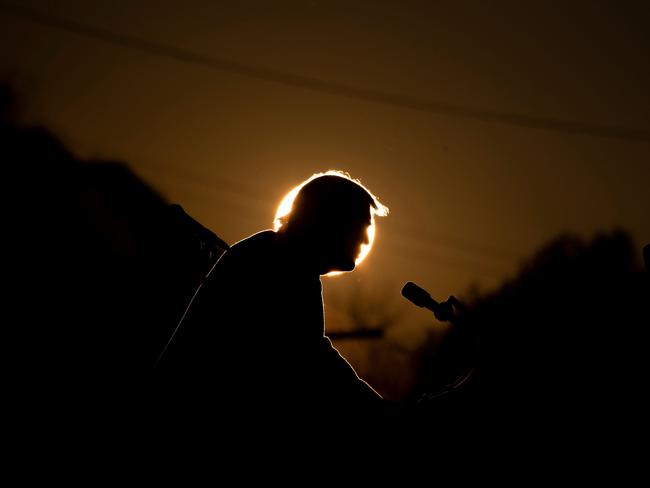
With most neo-conservatives and traditional Republican internationalists gone, the GOP foreign-policy world consists largely of dovish restrainers in the mould of Rand Paul and hawkish unilateralists like Tom Cotton. The factions disagree over what an America First foreign policy should look like. For some Paulites even the challenge of China is not enough to justify another generation of a global defence and alliance policy. Japan has enough plutonium for thousands of nuclear weapons. Why should the US pay the bills for Asian defence when Tokyo, Seoul and others have what it takes to contain Beijing on their own?
Cottonites believe that the China challenge and the continuing threat of terrorism, among other worries, require American tech and defence supremacy. They see forward defence as smarter than waiting for adversaries to attack the US.
Whatever his deepest instincts — which are probably more Paulite than Cottonesque — Mr Trump likely sees keeping a balance between the two factions as part of his strategy for dominating Republican politics. He sometimes tilts one way and sometimes another, probably with the goal of keeping both sides competing for his favour. It has worked for him so far.
The Wall Street Journal



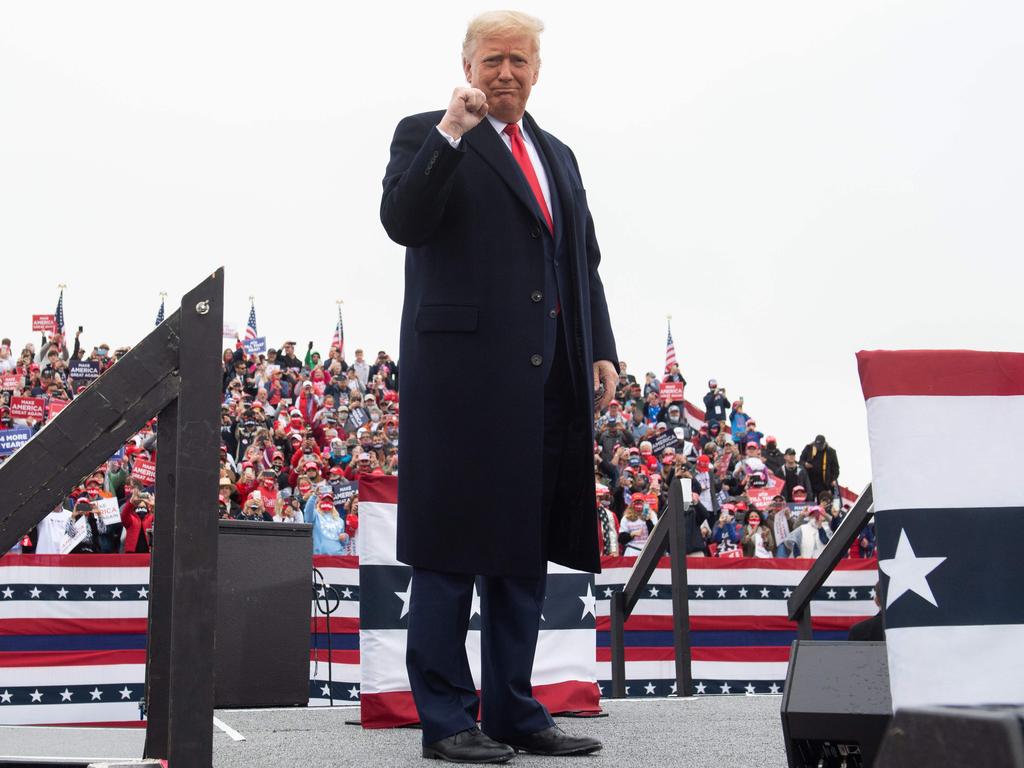
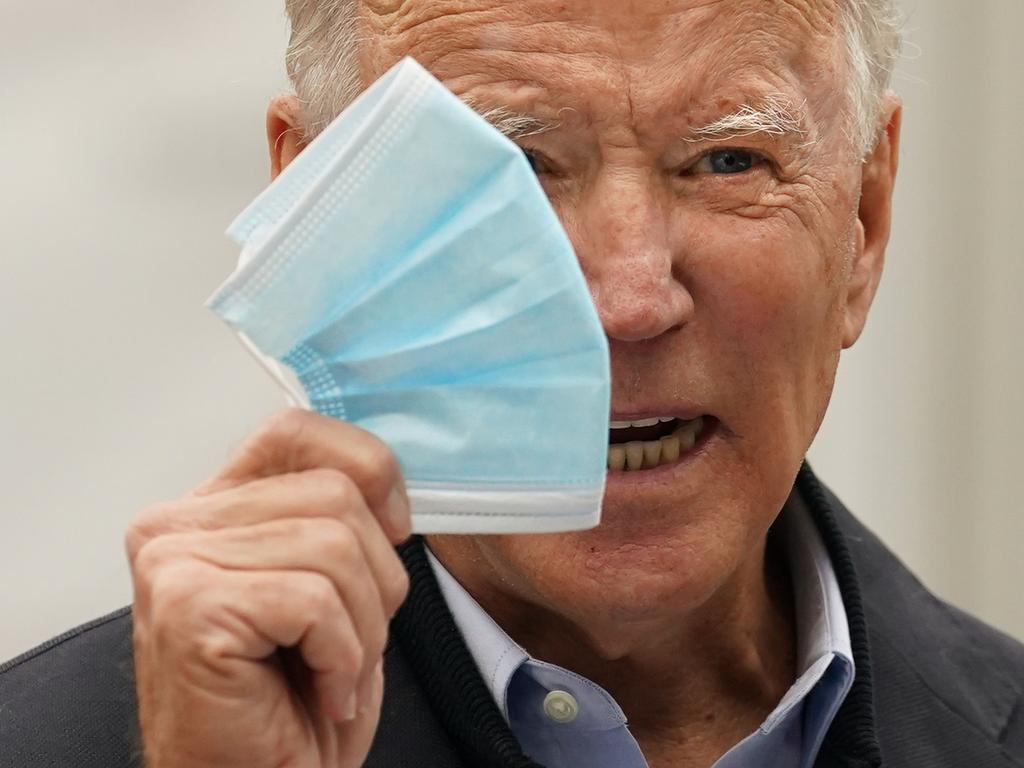

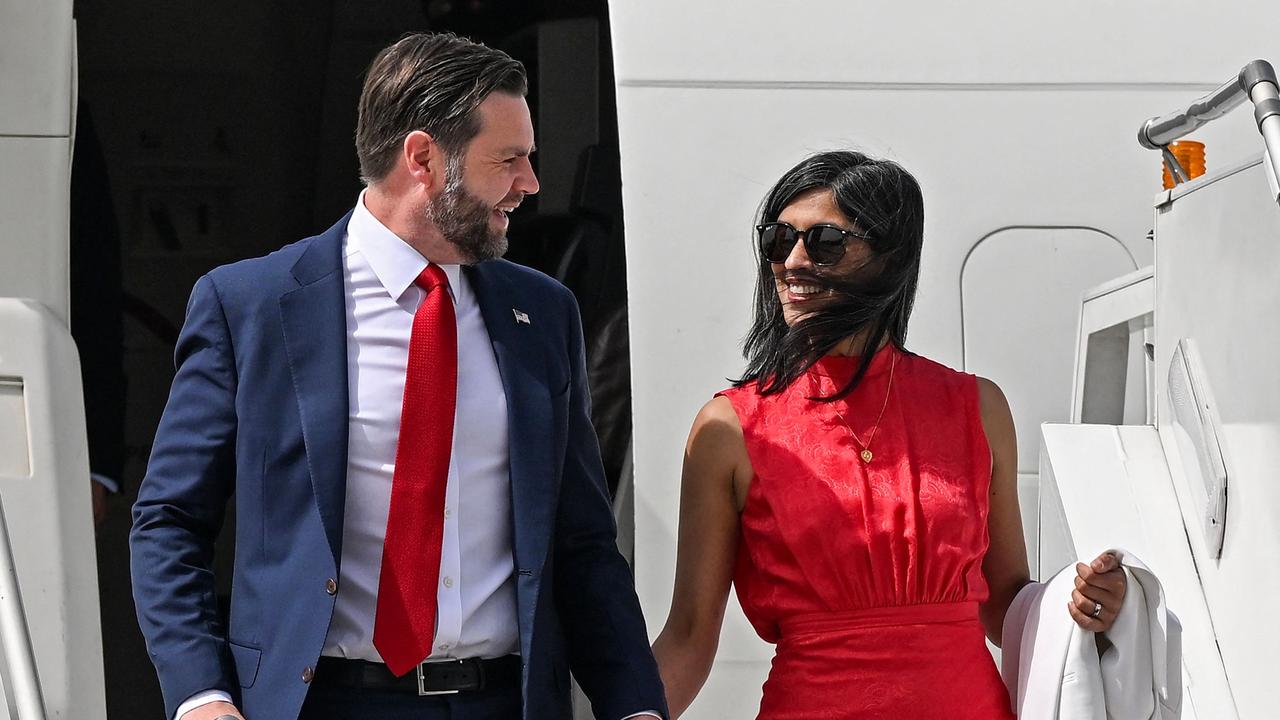
The odds are against him again, but Donald Trump has every intention of winning four more years in office. In foreign policy at least, his second term would likely be even more transformative and unconventional than his first.